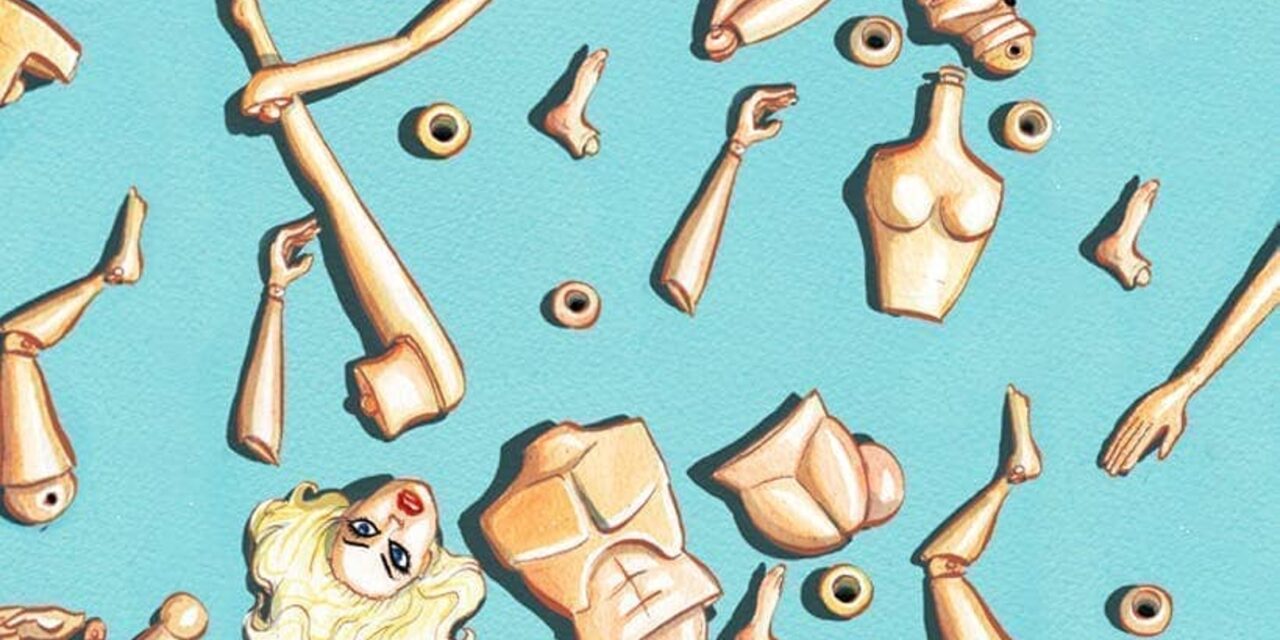Research by Steer Education last month found that too many girls are sad and anxious and hide their problems from others. Since 2000, the rate of self-harm among girls has tripled. Other studies show that girls are much more likely to be depressed or anxious than boys.
This may be surprising. Today's girls grow up in an age of gender equality, and are more likely than boys to go to university. They have better economic prospects than any previous generation. Female role models are more visible than ever in culture, sports, media, science, business, and even politics.
At the same time, girls are growing up in a digital age where images of women and girls are everywhere. From an early age, many of these images are strongly gendered, assigning these types of roles and characteristics to girls. It starts with pink unicorns for toddlers and ends with Instagram and YouTube influencers who can make millions selling images of seemingly perfect, shimmering femininity.
This culture contributes to the increase in mental health problems among girls. Notably, Steer Education research found that 'unhealthy perfectionism' is a major driver of girls' anxiety: many feel enormous pressure to be the perfect girl or woman.
More and more people say they don't want to be girls - or don't feel like girls. In Western societies, the number of girls suffering from gender-related diseases has risen sharply in the past decade, and in some cases received treatment at gender clinics.
But despite the above, it is not entirely certain that medical intervention - puberty blockers and hormones - is the best for any given child or young person to resolve gender anxiety, says Hilary Cass, former president of the Royal College of Paediatrics and Child Health, - because young people don't reach actual sexual maturity until their mid-20s, by which time they've mostly gone through irreversible treatment."
Source and featured image: The Spectator












